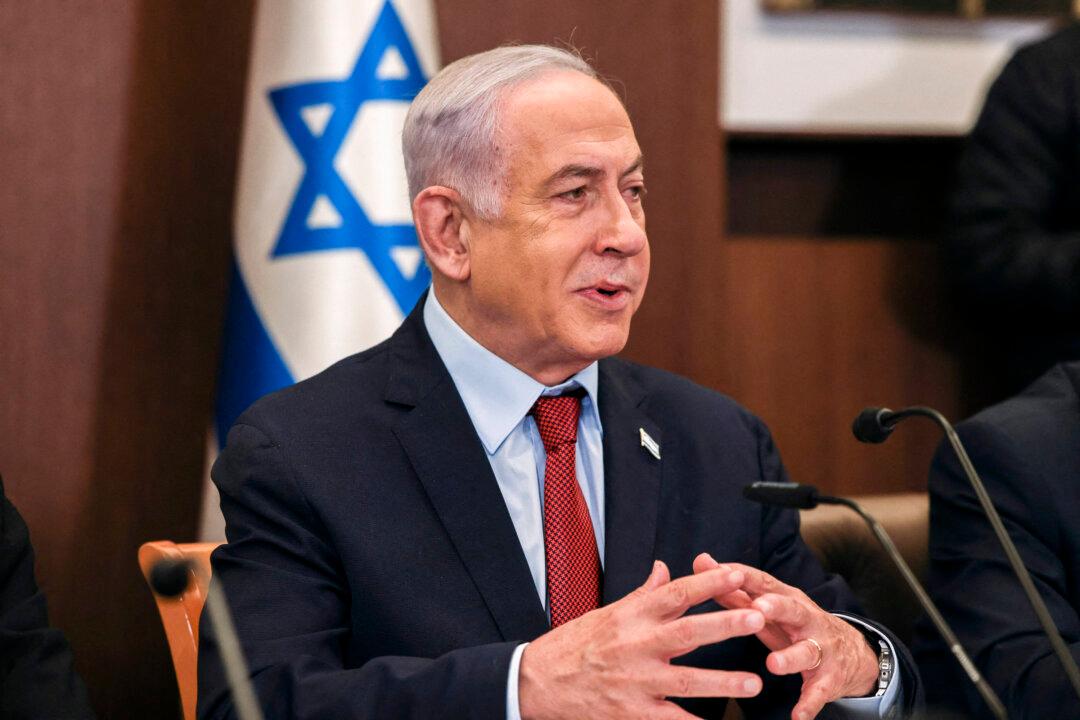JERUSALEM—Israeli Prime Minister Benjamin Netanyahu said Saturday that he “will not compromise on full Israeli control” over Gaza and that “this is contrary to a Palestinian state,” rejecting U.S. President Joe Biden’s suggestion that creative solutions could bridge wide gaps between the leaders’ views on Palestinian statehood.
Mr. Netanyahu posted his statement on social media a day after his first conversation with President Biden in nearly a month. Discussing his administration’s position Friday, President Biden said “there are a number of types of two-state solutions” and, asked if a two-state solution was impossible with Mr. Netanyahu in office, President Biden replied, “No, it’s not.”





